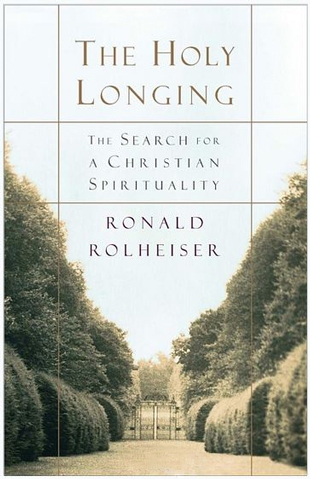In a time when church membership is in radical decline, Catholic theologian Ronald Rolheiser has performed an immense service for all Christendom by cogently and convincingly spelling out reasons why membership and participation in a church community is a nonnegotiable element of Christian spirituality. The author teaches at the University of Saskatchewan and has a regular column in the Catholic Herald.
Rolheiser defines spirituality as "what we do with the fires inside of us, about how we channel our eros." Some of the stumbling blocks to expressing this passion are our naivete about the nature of spiritual energy; our pathological busyness, distraction, and restlessness; and a critical problem with balance.
Rolheiser sees the incarnation as the basis for Christian spirituality. "We are not simply theists," he writes. "God is not just in heaven, God is also on earth." Hence, this spirituality is "always as much about dealing with each other as it is about dealing with God." The church community does not "take its foundation in like-mindedness, a shared fear, the need for intimacy in our lives, a common roof, a common ethnicity, a common denomination, or a shared mission." Its identity is as the Body of Christ.
Rolheiser then presents nine expansive definitions of the church including the following: "If our creeds are correct, and I believe they are, we are destined to spend eternity with billions and billions of other people. Worshiping in large groups is a good way of getting some practice at this." The Holy Longing by Ronald Rolheiser is a bold and thought-provoking meditation on the concrete implications of incarnational spirituality.
